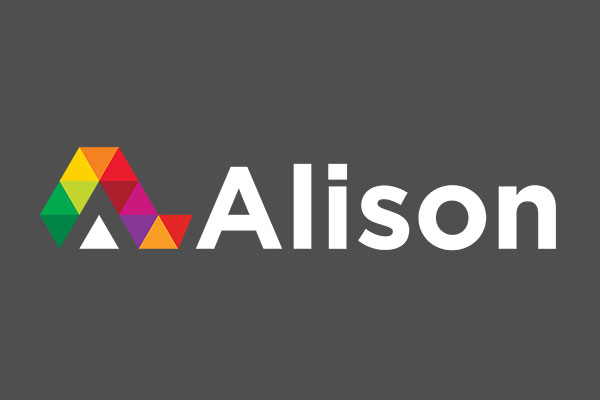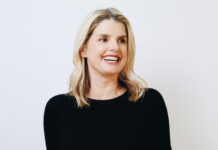With 93% of the world excluded from formal tertiary education, the system has to change, says visiting Alison.com CEO
With over 100,000 enthusiastic learners in South Africa, and plans to launch local learning centres and a new mobile app, international free online learning platform Alison is rapidly gaining ground in South Africa.
Alison CEO & Founder Mike Feerick this month visited Nigeria and South Africa to touch base with students and gather feedback to help shape the company’s direction in Africa.
He notes that Alison, offering free education and skills training across a broad range of subjects to over 11 million students around the world, ranks South Africa among its top 10 markets. The Ireland-based firm’s top market is the United States, followed by the UK, with Nigeria and South Africa its top African learner bases.
But the potential for growth in local learner numbers is huge, he says. “Traditional learning is no longer fit for purpose – it is too slow, too shallow, too costly and inaccessible to the majority. Only 6.3% of the world has benefited from formal university or college learning, and the only way we can make education accessible to the other 93% is through free online learning,” he says.
Alison’s revenue model is based on advertising, which covers the cost of delivering expertly-designed courseware to students worldwide. The content includes short certification courses, diploma courses and advanced learning paths, with the most popular courses in South Africa in the areas of workplace safety, project management, touch typing and English. The free online courses offered by the world’s leading experts include areas such as language, technology, science, health, humanities, business, math, marketing and lifestyle.
Learners pay a fee if they wish to download their diplomas or have them delivered, or they can secure their certification for free through a new referral scheme.
Feerick notes that not only is free online learning accessible and self-paced; it is also updated constantly to keep it relevant, and a ratings system ensures that the courses live up to learner expectations. Alison.com is constantly growing its curricula, and aims to be adding up to 50 new courses a month within a year’s time, as well as adding free psychometric testing and learner management tools. 20 learning centres offering reliable connectivity and access to an advisor are currently in pilot phase, and the first Alison mobile app is now preparing for launch. “More than half of Alison’s access from Africa is via a mobile device, so we will be launching our new Android app within the next few weeks,” he says.
Philanthropy not the solution to education challenges
Feerick says he learnt the importance of philanthropy from his mentor, internationally renowned businessman Chuck Feeney; but he has also concluded that a new education model cannot be based on charity: “If you’re going to change education, you can’t do it through philanthropy,” he says. “You have to change the system.”
The Alison solution, which effectively ‘Uberises’ learning and generates income through advertising to the millions of enrolled learners, is proving a viable and popular solution. “Like Uber and airbnb, quality control is in place through the power of the crowd. If there’s anything amiss in a course, you’ll know within minutes. And because it’s digital, you can also fix it within minutes,” he notes.
Local Alison learners who travelled to Johannesburg to meet Feerick this week said the model was improving their businesses and careers, and even empowering those around them. One used the courseware to empower young school leavers in the care of her NGO, while another recommended the courses on dyslexia to parents of her dyslexic students.
“More and more large employers are bypassing formal education and looking more closely at aptitude, skills and ability,” says Feerick. “We hear from our students around the world that by taking Alison short courses, they are able to keep their skills current and give themselves a competitive advantage.” He notes that the format is proving popular in regions where education for women is frowned upon, for disabled learners and learners confined to hospital for extended periods, in war zones, and among older learners. Many learners have used their new skills to launch businesses.
Research among Alison’s learner base indicates that 88% felt learning improved their personal confidence, and 90% said they felt encouraged to study further courses. Feerick says the research also found that people studied via Alison to be more competent in the jobs they were in, become more competitive, gain knowledge and differentiation, and even to benefit their families, friends and communities.
About Alison
Founded in 2007, by serial entrepreneur Mike Feerick, Alison is widely recognised as the first Massive Open Online Course (MOOC) provider, a movement which today is revolutionising global access to education, workplace skills training, and employment opportunities. With 40 employees across Ireland and Western Europe, Alison boasts over 11 million registered learners, and over 1.5 million graduates from international markets to include Africa, India, North America, and Australia. As well as assisting individual learners, Alison offers publishers the opportunity to market their skill set by creating online courses, where enterprise clients benefit from organised learning through Alison Learning Groups.
For more information, visit https://alison.com/




















































































